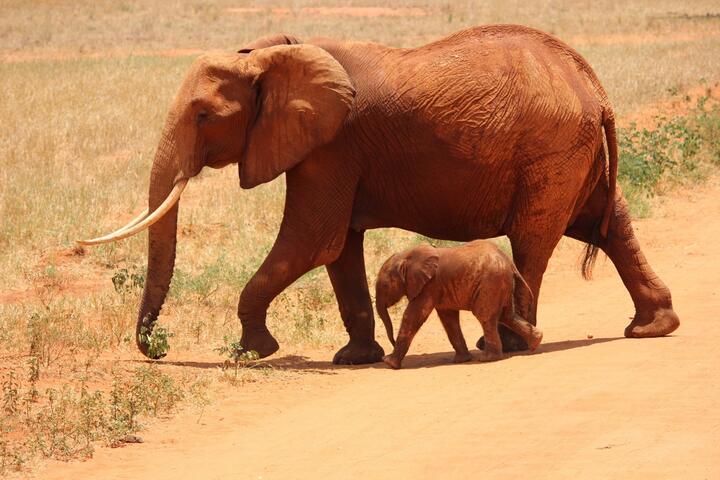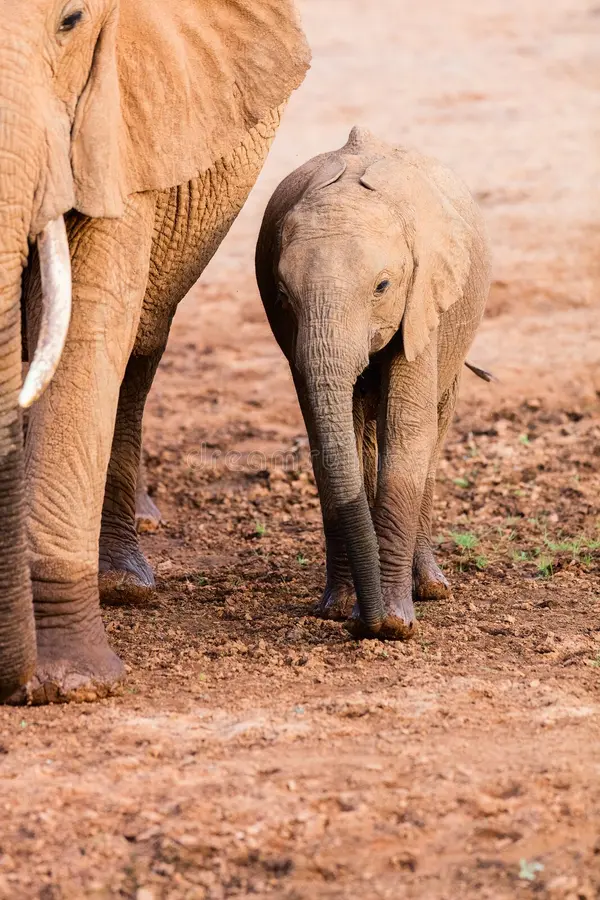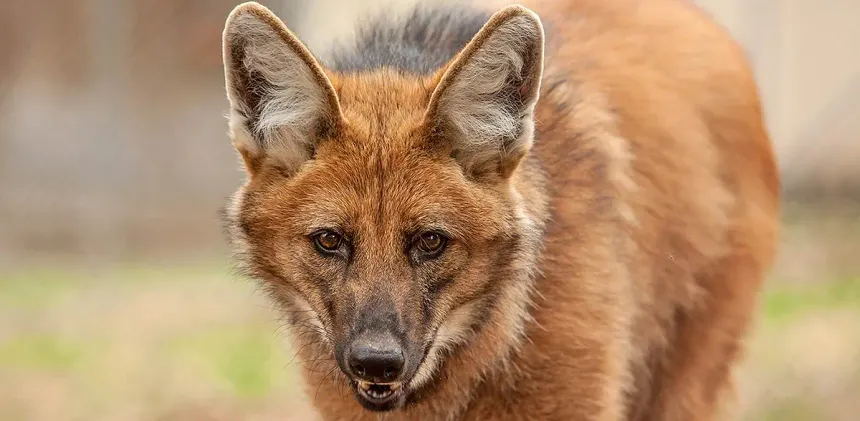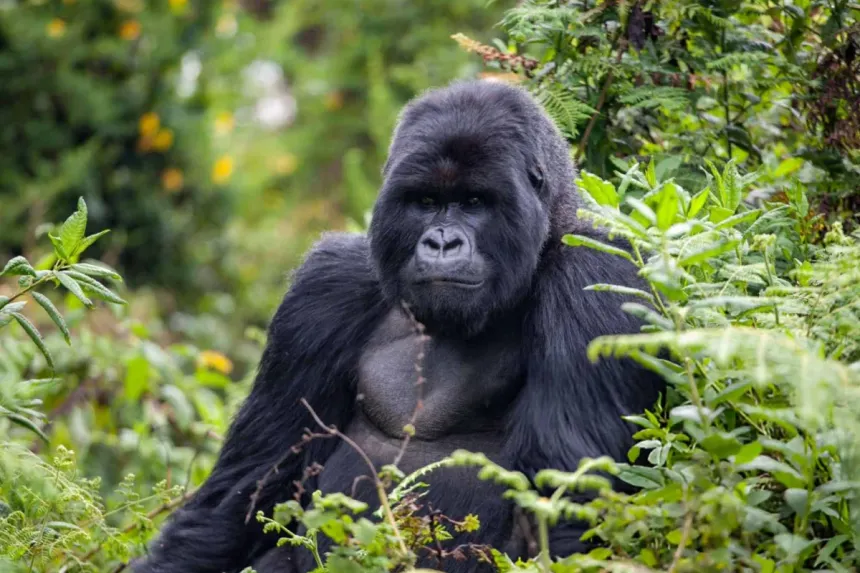Longest pregnancy in Animal Kingdom..

🐘 How Much Does a Baby Elephant Weigh at Birth?
Elephants are among the most majestic and awe-inspiring animals on Earth. Known for their intelligence, social bonds, and sheer size, these gentle giants captivate people around the world. But how big are they when they first arrive into the world? One of the most common questions people ask is: How much does a baby elephant weigh at birth? The answer might surprise you!
🐣 The Weight of a Baby Elephant at Birth
Elephants are the largest land mammals, so it’s no surprise that their babies are big right from the start. A newborn elephant, or calf, weighs anywhere between 200 to 300 pounds (90 to 136 kilograms) at birth. That’s roughly the size of a full-grown adult male lion or a refrigerator!
The exact birth weight depends on the species:
- African elephant calves typically weigh around 220–300 pounds (100–136 kg).
- Asian elephant calves are slightly smaller, weighing about 200–250 pounds (90–113 kg).
⏱️ Longest Pregnancy in the Animal Kingdom
What makes these hefty births even more impressive is the time it takes to grow a baby elephant. Elephants have the longest gestation period of any land animal—lasting about 22 months. That’s nearly two years! This extended pregnancy allows the calf to develop the strength, coordination, and physical size it needs to thrive in the wild from day one.

🐘 Baby Elephant Size and Abilities
At birth, a baby elephant stands about 3 feet tall (1 meter) at the shoulder and is covered in fuzzy, reddish hair. Despite their large size, elephant calves are surprisingly agile. They can:
- Stand within 20 minutes of birth
- Walk within an hour
- Begin using their trunk within days, although mastering it takes longer
Elephant mothers are highly nurturing, and the entire herd participates in raising the young. Calves nurse for up to 2 years, but they start trying solid foods within the first few months.
❤️ Why It Matters
Understanding the weight and growth of baby elephants helps us appreciate just how extraordinary these animals are. Their massive size from birth reflects the scale of their lives—both physically and emotionally. Elephants are keystone species, meaning they play a critical role in maintaining the health of their ecosystems. By learning about them, we support their conservation and the preservation of biodiversity.




